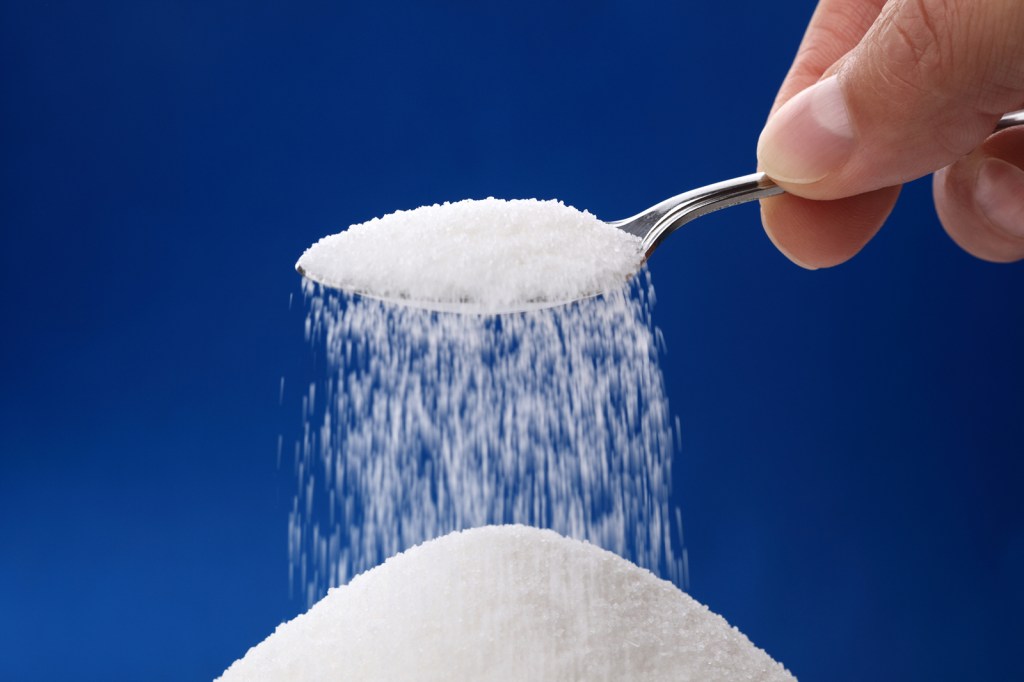DEAR MAYO CLINIC: A friend has a family history of diabetes and obesity. She is diligent about eating healthfully and enjoys sharing new recipes and information about food. Recently she mentioned a sugar substitute called erythritol. I’m not familiar with this product. Can you explain what it is and if it is healthy?
ANSWER: Sugar is one of those ingredients that always seems to be in the news.
Eating and drinking too much sugar can negatively affect one’s health. Sugar found naturally in food, such as whole fruits, is not associated with increased health issues. But added sugar has been shown to contribute to dental cavities and is associated with multiple chronic diseases such as heart disease, obesity, fatty liver disease and Type 2 diabetes.
Sugar has many forms. Most people are familiar with sucrose, the white granulated sugar found most often in kitchens, and raw sugar, also called turbinado sugar, which is crystalized and light brown. Other examples of sugar include high-fructose corn syrup and other sweeteners, which are often added to drinks and baked goods.
Because of the known health risks associated with added sugars, the food industry has produced numerous sugar substitutes with the intention of feeding our collective sweet tooth while minimizing the negative consequences of sugar.
Saccharin was the first commercially produced sugar substitute. Over the years, saccharin has fallen out of favor as it was found to negatively affect the good bacteria in our small intestines and gut, putting people at increased risk for Type 2 diabetes and obesity. But dozens of other sugar substitutes have been developed.
One class of sugar substitutes that seemed promising is a group called “sugar alcohols,” of which erythritol is a member. Sugar alcohols are sweet but are neither sugar nor alcohol. Sugar alcohols are derived from sugar, usually created by hydrogenating sugar or by fermenting it. Examples of sugar…
Read the full article here







